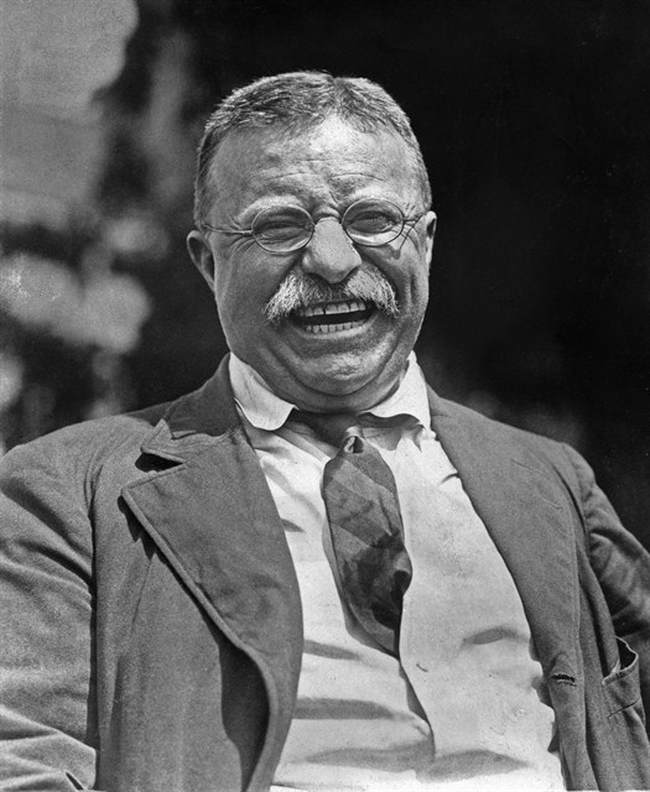
Objects are important touchstones to history. They’re important in ways some folks don’t seem to understand.
Some time ago, I wrote about my grandfather’s pocket watch, its importance to my family’s history, and how it rests today on a wooden stand on our bookshelves. On Saturday, we learn that another pocket watch, this one considerably more famous, has made its way back to where it belongs:
The silver pocket watch was a prized possession of Theodore Roosevelt, a keepsake given to him by his sister and her husband in 1898 before he became president that would travel with him around the world and end up at Sagamore Hill — his home on Long Island, New York, and now a national historic site.
But in 1987, it went from museum piece to pilfered prize when someone stole it from an unlocked case at the Theodore Roosevelt Inaugural National Historic Site in Buffalo, New York, where it was on loan.
It was mystery that endured 36 years until it turned up at a Florida auction house last year and was seized by federal agents. On Thursday, it was returned to public display at Sagamore Hill as the National Park Service and the FBI triumphantly announced it was back home during a ceremony featuring Roosevelt’s great-grandson, Tweed Roosevelt.
The Rough Rider has been, for some time, one of my personal heroes.
See Related: Happy Presidents Day, Don’t Shoot the Messenger
Biden Remarks in Philly Are a Slurring Race-Baiting Mess, With Mind-Bending Brain Breaks
The man had an impressive career, and while his politics were in many ways to the left of the mainstream for his time – yes, as a Republican, even, as the parties aligned ideologically somewhat differently in those times – he was a man of enormous presence, iron courage, and great determination. These are character traits we could use more of today:
Roosevelt, who was president from 1901 to 1909, apparently had the watch with him at the Battle of San Juan Hill in Cuba during the Spanish-American War and during future exploits, including wild game hunting in Africa and exploring the Amazon in South America, according to the Park Service.
The watch, made by the now-defunct Waltham Watch Co. in Massachusetts, appears like many pocket watches of its day, with a plain silver exterior and no etchings. But the inside reveals its significance, with engraving that says “THEODORE ROOSEVELT” and “FROM D.R. & C.R.R.,” referring to Roosevelt’s brother-in-law and sister, Douglas Robinson Jr. and Corinne Roosevelt Robinson.
It’s probably a more valuable timepiece than my Grandpa’s watch, which was a plain old Westclox Pocket Ben in a tin case. Of course, to me, Grandpa’s watch is a pearl beyond price, but Roosevelt’s watch is an important piece of all of America’s history.
Bits of history like this are important. Unlike words in a book, on a screen, or spoken by a history teacher, these things are tangible. Even if we can’t touch them, we can see them; we know they are there. This watch was once held in the hands of a man whose likeness is now on Mount Rushmore. He carried it on the famous Rough Riders charge in the Spanish-American War. He carried it on post-presidential adventures, and we can picture Teddy, that hurricane who walked like a man, pulling it from a vest pocket somewhere on the plains of Africa to see if it was yet time for luncheon.
It’s good that Teddy’s watch has come home. We can imagine the man himself, somewhere, somehow, taking note of this, and breaking into his famous, toothy grin.